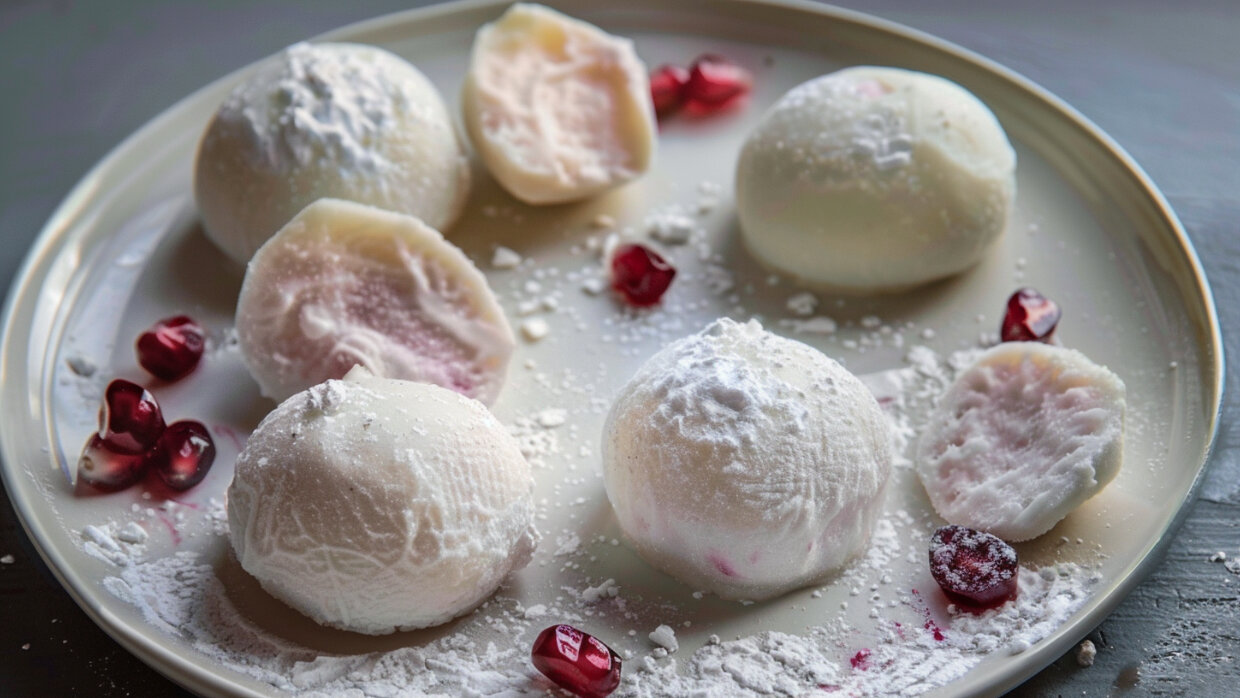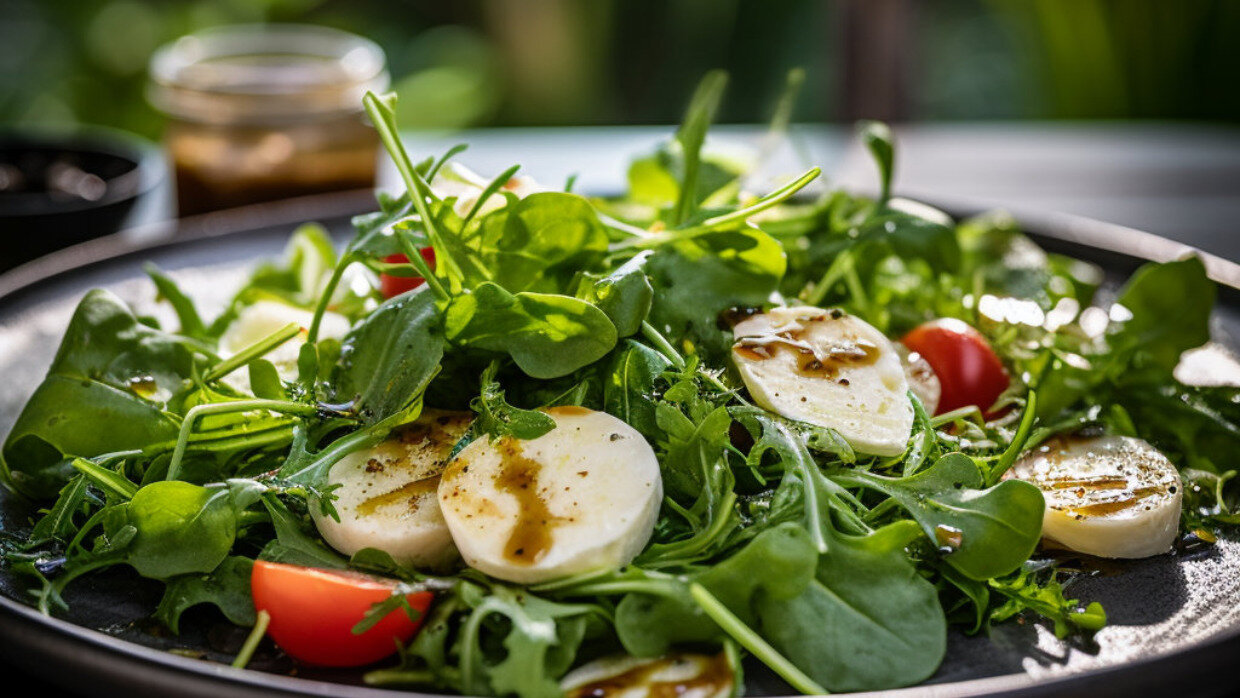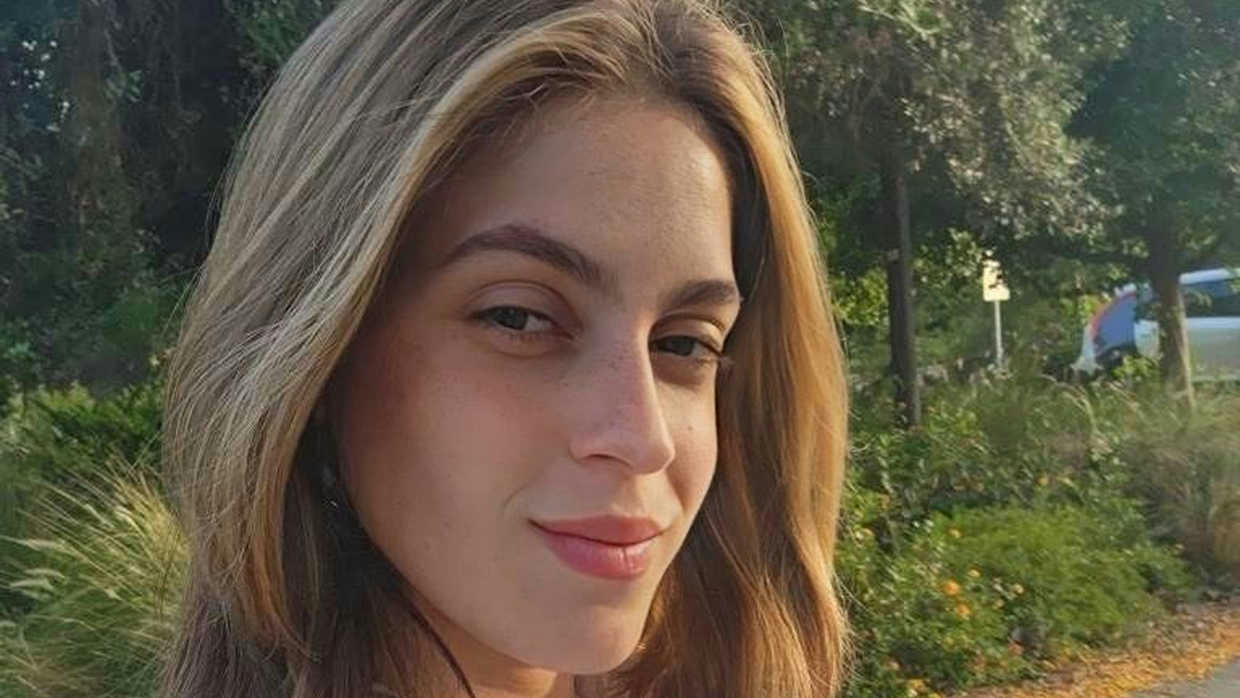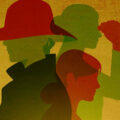Gerda Weismann Klein forever changed the way I think about food, success, and pretty much everything else. A Holocaust survivor and human rights activist, Klein once visited my elementary school to speak about her remarkable life. But it wasn't her time in the camps that moved me the most. It was the time she won an Emmy.
As she accepted the award for a documentary about her life, Klein was transported back to the soup line in the concentration camp, where a Nazi guard served them a watery broth that represented their tenuous connection to life. Occasionally, Klein recounted, the guard's ladle would dip a little lower into the pot, and she would receive a coveted piece of potato. As she stood holding her Emmy, Klein was aware that it was a special moment in her life. But it paled in comparison to receiving that small piece of potato.
Klein urged us to take her story with the proper context. On the one hand, we should never have to experience a world in which food is so scarce and precious. On the other hand, we need a way of recalling even our most mundane blessings. For Klein and for those who heard her story, a small piece of potato became a symbol of all those gifts that we must never take for granted.
It can be hard to truly appreciate something as routine as eating, and we find that it was one of the most important lessons the Jewish people were taught during their 40-year journey through the desert. Every morning, the Jews left their tents to collect manna, a bread-like substance that miraculously appeared on the ground, wrapped in a blanket of dew.
The manna was delicious and nourishing, and it conveyed God's constant care for His people. But perhaps the manna's most important quality was its ephemerality. It could not be preserved for more than a day. This meant that the Israelites’ only food was the manna they had received that morning. They recognized every mouthful as a gift. And they also learned to fully trust in God who each day, without fail, showered them with their daily blessing of manna.
Jews around the world perpetuate the manna's lesson during the weekly Shabbat meal. The two loaves of challah recall the double portion of manna that fell each Friday in honor of Shabbat, and the challah is covered to represent the blanket of fresh dew that surrounded it. These symbols serve as tangible reminders of God's love for us and our gratitude to Him.
It is also beautiful to see how Jewish communities throughout history have added their own customs to highlight the lesson of the manna. Delicious Jewish foods like kreplach – a dough-wrapped meat dish – became a traditional Jewish food, evoking the dew-covered manna. It is a wonderful example of how even our food can be used to reflect our deepest values.
Today, the term “comfort food” is generally used for foods that carry a nostalgic or sentimental value. Some people associate a certain dish with their childhood or their hometown, and eating becomes a way of transporting themselves back to that special time or place. In some ways, the Shabbat meal and the kreplach are the ultimate comfort food that transport us back in time to the desert when our food was a direct gift from God. And these foods also remind us that the blessings of the past are always truly present, with each bite offering a new opportunity for gratitude.




















when was this article made
In Poland, mom told me of going into icy fields to pick onions for a sandwich. I learned to make good meals with little food from her. One time in my life, i needed that knowledge and I am so grateful for provisions to make what ever a d be glad
Amazing I love the symbolism in the challah and the kreplach.
Wonderful!
Merci pour cette article
Thank you! What a great article. …: I always wondered. 🙂
Very interesting! I thought that we cover the challahs so they won’t get jealous because the wine goes first! Now I know thanks
That is often the first reason given when one is a child and it also teaches an important lesson about considering feelings.